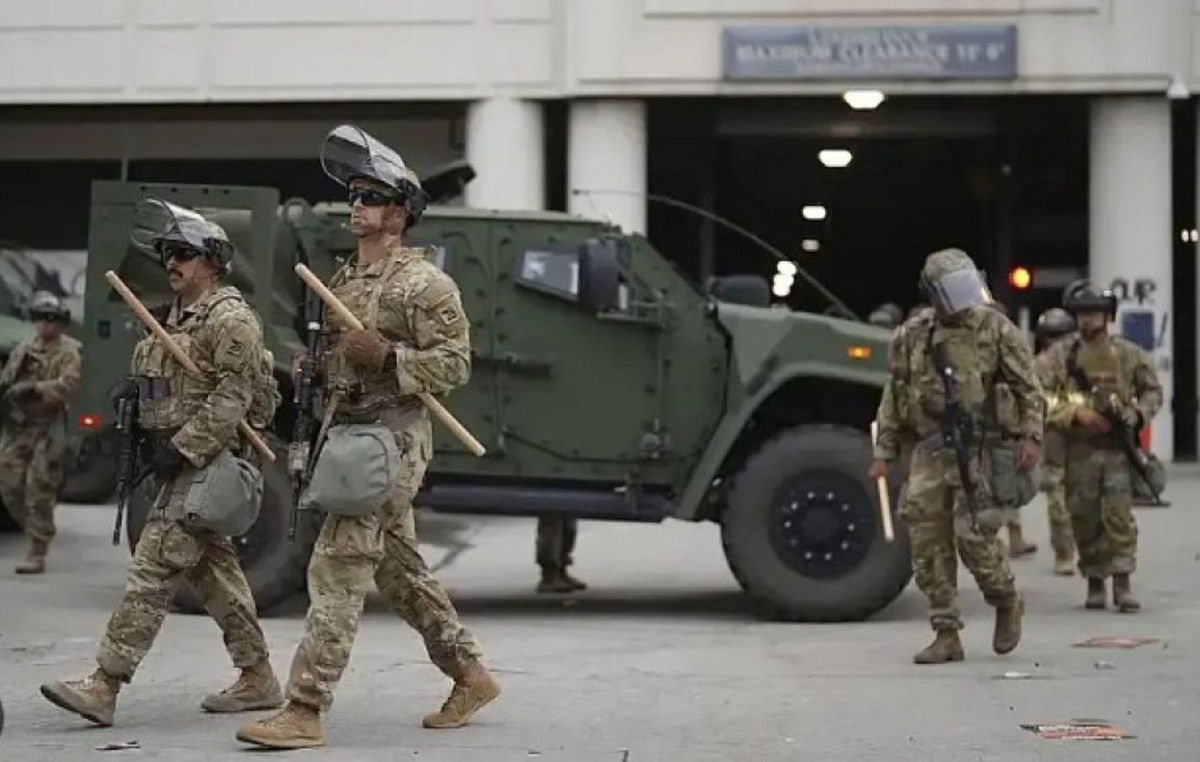A survey released by the Brazilian Institute of Geography and Statistics (IBGE) shows that 71.2% of people over 15 years old felt safe walking alone around their homes last year. This index drops to 49.3% among those who were victims of theft in the last 12 months, reaching 37.6% among victims of theft.
The numbers are the result of the Continuous National Household Sample Survey (PNAD): 2021 Sensation of Security, a partnership between the IBGE and the Ministry of Justice. For the first time, the institute investigated data on the subject, the occurrence of crimes, people’s trust in institutions and even changes in habits due to insecurity.
Feeling safe walking alone close to home also shows a disparity between men, a group in which the rate reaches 75.8%, and women, with 66.8%. The same happens with the item day, with 79.7%, and night, with 48.3%.
The IBGE also noted differences between the regions of the country. In the South, the safety rate for this situation is 82.9%, against 62.5% in the North.
The PNAD shows that the existence of public services in the neighborhood where the person lives affects perception. In places where policing is considered good or excellent, 80.8% of respondents said they felt safe walking around alone, a rate that drops to 60.9% where the service is evaluated as bad or terrible.
The difference between the existence or not of a public structure also had an impact on public lighting (75.4% X 61%), public transport (74% X 61.4%) and day care centers or public schools (58.3%).
The feeling of insecurity still increases in the face of social problems. In places with homeless people, 57.3% say they feel comfortable walking alone, against 75% in places where this group is not found. At points with drug users, 59.6% say they feel safe, against 78.1% where they are not seen.
The occurrence of crimes in the region was another factor with effects. The feeling of security drops to 45% in points with extortion, to 46.1% where people carry guns, 47.5% in points with robberies and 49.4% in areas with shootouts.
IBGE also analyzed how the feeling of trust in institutions affects citizens. Among those who trust the Military Police, 77.9% felt safe walking around their homes alone, a rate of 58.2% among those who do not trust the corporation.
Due to the fear of being victims of crimes, the interviewees showed changes in habits: 56.7% avoided arriving or leaving home very late; 53.2% avoided ATMs at night; 51.2% avoided using cell phones in public places; 49.9% avoided places with few people; 49.2% avoided talking to unknown people; and 42.8% avoided wearing a watch, jewelry or other valuables.
The PNAD presented this Wednesday also brought numbers of thefts and robberies for the first time. Last year, 2.9 million households had at least one resident who had been the victim of theft in the last 12 months, around 4% of households in the country.
As for robberies, there are 1.5 million homes with at least one victim in the last 12 months, around 2% of Brazilian homes.
Source: CNN Brasil
I’m James Harper, a highly experienced and accomplished news writer for World Stock Market. I have been writing in the Politics section of the website for over five years, providing readers with up-to-date and insightful information about current events in politics. My work is widely read and respected by many industry professionals as well as laymen.







